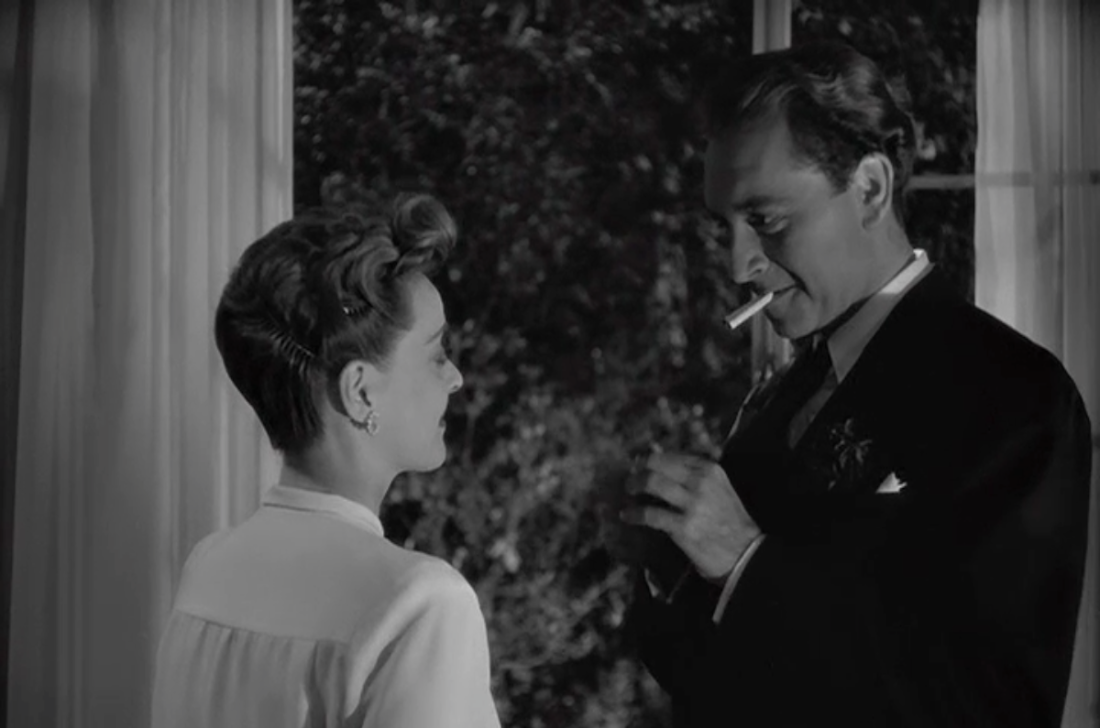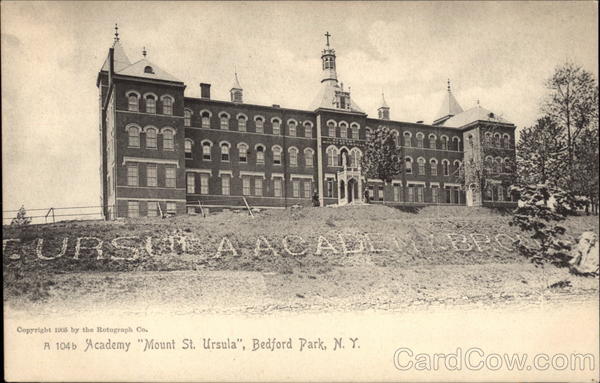When I first came to Los Angeles, I think I felt as optimistic and entranced as the young couple in the new movie "La La Land". I know I did. I knew from the moment I saw the palm trees and the ever blue sky and upon leaving the tunnel into Santa Monica on the 10 freeway to experience the Pacific beyond that this had to become my home. It has been, for just over 35 years, longer than ever I spent time in my formative town, New York. I considered, and still consider, New York, my foundation, a love of sorts, but for many years Los Angeles was the hope of fantasy come true. I was young, not as young as Emma Stone's character, when I came, but I believed I had endless possibility. I was an attorney in New York and thought that getting licensed here in California would merely be a prelude, a bookmark for what would become my real career. Like so many before me, I wanted to be in the "Industry". I wanted to be a television writer. There was some inkling this might not be a pipe dream, a few meetings. A few interested people in the "biz". I had a partner, in New York, but his path, in the 1980s, did not yet take him to California.
I also had this unrealistic sense that in leaving New York, I would leave behind the overly rules bound, inhibited soul that most people knew. Maybe here I could meet the person who saw me anew. Not wild, but a little freer than the fearful child I had always been.
Of course, I had to make a living, and I passed the Bar, and it was not a prelude to being a writer. It became my career. And perhaps I did not have the drive necessary to follow my dream. I know I did not have the courage. My father, a depression era child, whispered wisely that I had to have real work, I had to think about retirement and what I would live on when that came about, and given how few people "make it", my dreaminess was not logical. He wasn't wrong. And with my writing partner 3000 miles away before the internet, my dreaminess was replaced with getting an ordinary life constructed. I live now a reasonably comfortable life because I listened. I am grateful. But I do think about the choices I did not make. Sometimes it did not feel like a choice, but something more inexorable. Good? Probably, when all is said and done, but hard to see in the unfolding.
Maybe that's why La La Land touched me so much. It is an amalgam of old time musical fantasy and down to earth modern film making that worked for me, though I see from the many Facebook comments, it didn't work for everyone. Maybe it depends not only on taste, but on the nature of experiences and ideas one had when taking first steps into the adult world.
When the two main characters meet, Sebastian (Ryan Gosling) is a head over heels traditional Jazz enthusiast who imagines the day when he will own and play piano in his own club. Mia (Emma Stone) is a 20 something woman who has spent six years pursuing acting, and being rejected by thoughtless, arrogant directors and producers who text while she pours her guts out, or are interrupted by self important staff to confirm other appointments. When these two passionate people keep intersecting, and finally stop to talk, things break into music, not like the Gene Kelly, Fred Astaire days, but to me, more organically, with a nod to the days of old (which I love) but a 21st century flavor. They know and revere the traditional, but they are children of their millenial generation.
When, in the early iterations of their burgeoning relationship, Mia and Sebastian meet at a pool party where the musical offerings are entirely from the 1980s, I remembered exactly how I felt. I had a chance to make a mark doing something that I loved. If it were not writing, I figured maybe I could somehow use my voice, my speaking ability, which I had honed in college radio. Something would pop up, if I kept my eyes open, and I seized an opportunity.
Chance and choice. So much is chance, as well as choice. As their relationship becomes more important for both of them, Sebastian hears Mia talking to her mother on the telephone about him. No, he doesn't have a regular job. But he has a direction. He wants a jazz club. No, he doesn't have much, but he will. Despite his antipathy for a bland electronic jazz, he goes to work for a friend, and begins making 1,000 a week. But that means he is making albums and is on tour and he doesn't see Mia. Mia is alone, and not making inroads into her career. She mounts a one woman show, which he misses for a publicity shoot, and only a few people come. She hears two of the attendees say that she isn't very good, and she should keep her "day job." She goes home to Arizona, ready to resume her regular life, at a regular job. Dreaming after six years of rejection is foolish. And since Sebastian is not around to share either glory or failure, there is no dream to share. Sebastian and Mia break up.
But when a call comes to Sebastian by a casting agent who saw Mia at her one woman show, he is decent and kind and a bit of the old passion for their duality returns. He goes and gets her and pushes her back into acting. And her career takes off. Now both their lives are on the road. She has her dream. Ultimately he gets his, a club called Seb's, the name her suggestion.
They meet one last time, when she and her husband happen upon the club of which he is the owner, doing his heart felt Jazz with other professionals of equal passion. He plays "their" song and one or both of them imagine their successes as if they had managed to stay together.
They danced together at the Griffith Observatory, or in the Hills of Hollywood against a red setting sun. They sang to one another. They loved. They won. They lost. Both at once.
Damien Chazelle, a millenial himself, is the director and writer, and my sense of him is of someone with an understanding of the past and his finger on the future. Ryan Gosling and Emma Stone aren't great singers, but their ordinary voices with strong lyrics about love and the flame of hope and possibility that can define early adult lives worked for me.
Quite frankly, as I watched them trip through places that I have in the last many years, an LA that had become blah for me, that I would consider leaving, frankly, except for the weather which still I love (and even the rain that we have now which we have greatly needed), I found myself feeling something I haven't felt in a long time--the renewal of possiblity.
In 2011, that "safe" career I used to have no longer was. I was fortunate that I had been there long enough that I am and God Willing, will remain solvent, but that five minutes of being told the organization was going "in a different direction" wiped out 25 years of my professional existence in a line of work that I had never been passionate about. My former partner moved to California in 1997, but by that time, I had been ten years in my job and writing was not a primary consideration. He still had a regular job, but with a new partner, who moved out with him, he had not conceded his dream.
I always had ideas, but I never committed to dedicating time to them. Even after I found myself "retired" from the law. Something always took precedence. Rightly perhaps, but you can always use that as an excuse.
I had never let down the walls which might have led to love, as well. I can't say that I have been unhappy. I have felt a sense of some Providence, even in the wandering I have been doing, some of it useful, much of it not.
What this movie did for me, and I suppose in a time when resolutions are usually made (I haven't made any in the last several years) is kismet of a sort, is bring back a sense of possibility.
No one can stop me from writing. Either I want to do it. Or I don't. That's not about anyone else. It is entirely in my own hands. The passion stands alone. In every aspect of life. If I have become lazy, that's my bad. No one can stop me from becoming more open, less afraid. If I still don't, that's on me.
So, as Mia sings in the movie, here's to the Fools Who Dream:
My aunt used to live in Paris
I remember, she used to come home and tell us stories about being abroad.
I remember that she told us she jumped in the river once, barefoot.
She smiled, leapt without looking and she tumbled into the Seine!
The water was freezing, she spent a month sneezing, but said she would do it again.
Here's to the ones who dream, foolish as they may seem.
Here's to the hearts that ache.
Here's to the mess we make.
She captured a feeling, sky with no ceiling, sunset inside a frame.
She lives in her liquor and died with a flicker.
I'll always remember the flame.
Here's to the ones who dream, foolish as they may seem.
Here's to the hearts that ache.
Here's to the mess we make.
She told me: a bit of madness is key to give us to color to see.
Who knows where it will lead us?
So bring on the rebels, the ripples from pebbles, the painters, and poets and plays.
And here's to the fools who dream
Crazy, as they may seem.
Here's to the hearts that break.
Here's to the mess we make.
I trace it all back to that.
Her and the snow and the sand.
Smiling through it.
She said.
She'd do it. Again. (From the movie, "La La Land")
Happy New Year! It's not too late to be a dreaming fool.








































